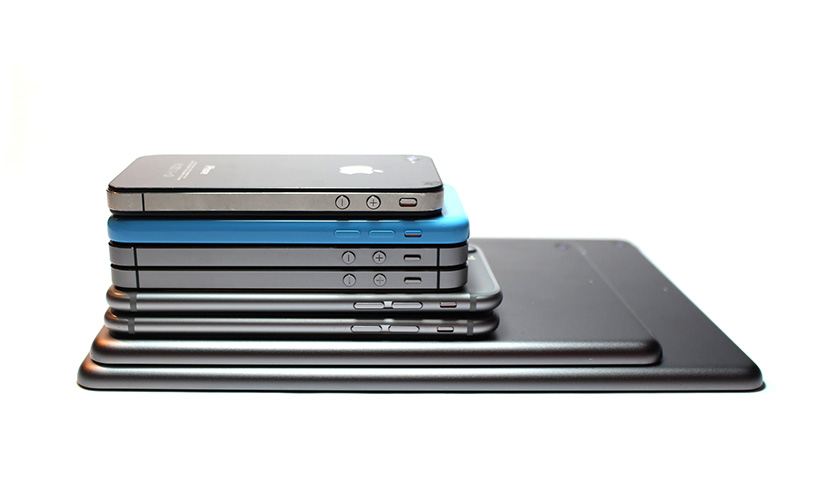
Why Used iPhones Cost More Than Used Android Phones [Video]
Video uploaded by Insider Tech on July 16, 2019
Apple iPhones: The Longevity Matter(s)
In our digital times the speed with which we switch from gadget to gadget, forever chasing the newest and shiniest one, duly provided by the makers, has become proverbial. And Apple is one of the major prophets – not to say the main one – of this seemingly eternal trend. Everyone and their aunt have been sniping about how often the iPhone lovers (whose amount also comes close to everyone and their aunt, by the way) have to dispose of their perfectly working phone models – often to the point of just ditching them – just because yet another one has rendered the existing version outdated. (And now this joke is about to become quite timely again, what with iPhone 12’s release close to the end of this month).
Mind you, there is more than just a grain of truth to this old chestnut. Save for the instances of damage or unfortunate (and almost non-existent as far as Apple phones are concerned) cases of tech failure, we have pretty much forgotten the very notion of a non-working cell phone. Today’s inquisitive explorers would be hard-pressed to find an iPhone owner who can boast the dubitable honor of ever having a mobile of this brand running out of gas, so to speak. In other words, stopping working on its own. We simply never keep out iPhones long enough to check when it happens.
Meanwhile, this is an interesting subject. Firstly, because we can’t predict the future, and while doomsaying is, in our view, not a very respectable indulgence (not to mention, also too old), the reckless optimism is hardly better. Who knows when and for how long we might yet need our older working phones. Secondly, while we are not big advocates of asceticism, if it turns out that constant model-switching becomes unviable (say, economically unsound, technically superfluous or even more ecologically damaging than we currently think), then the depth of the current models’ resources will turn into quite a relevant question. And not as easy to answer as you might think.
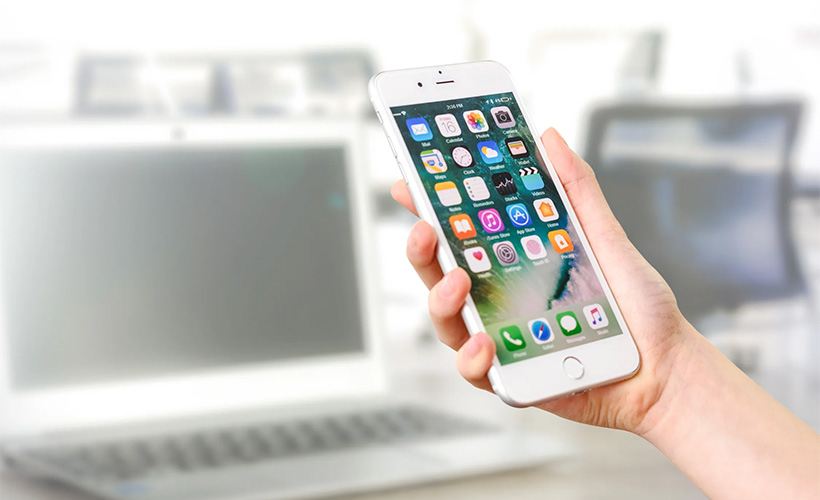
The longevity of any given iPhone in 6-year cycles because this is the minimum period for which Apple updates the OS for any given model.
Now, at first look we can measure the longevity of any given iPhone in 6-year cycles because this is the minimum period for which Apple updates the OS for any given model. But we all know that it’s a superficial approach (not to say one for the spoiled brats that would be out of their depth in a glass of water). The phones in general – and iPhones in particular – can work perfectly well – if occasionally not quite that safely without the newest protection – even without the latest OS updates, plus, let us not fool ourselves, there are ways and ways in terms of getting those updates. So the real question lies with the iPhones’ hardware. Does it really have no working limit?
Well, empirically speaking, it appears not to because the rarity – to the point of statistical negligibility – of the iPhones becoming unusable on their own is attributable not just to our overall haste in getting the newest possible device. There is more than one research showing that quite a few people are still perfectly happy with older (sometimes, quite older) models which provide them with everything they need from their phones and then some. They still can get the apps they want from the Apple store – after all, those apps are not to be taken from there any time soon – and play quite a few games even on the very first, original iPhone versions. Their far-from-11 (let alone 12th) mobiles are well capable of downloading whatever content they are interested in. And virtually none of those phone users had any complaints about any slowdown or glitches in their gadget’s work.
Now, of course, all is not that simple (as usual), even with this all-important hardware. For instance, it’s still, to some degree, a matter of lack how long your battery – that Achilles’ heel of majority of even the newest phones – might last (and the task of changing it occasionally changing it in some cases renders the whole enterprise of sticking to your existing phone pointless). Then, there’s no denying the reality and importance of some improvements sported by newer models (if not by each and every one of them). If, let us say, you are a photo buff, you may have a sound reason for switching to a newer iPhone because those do by and large offer better cameras with more features and higher quality optics. (Even though it still doesn’t mean that the older cameras are bad in themselves).
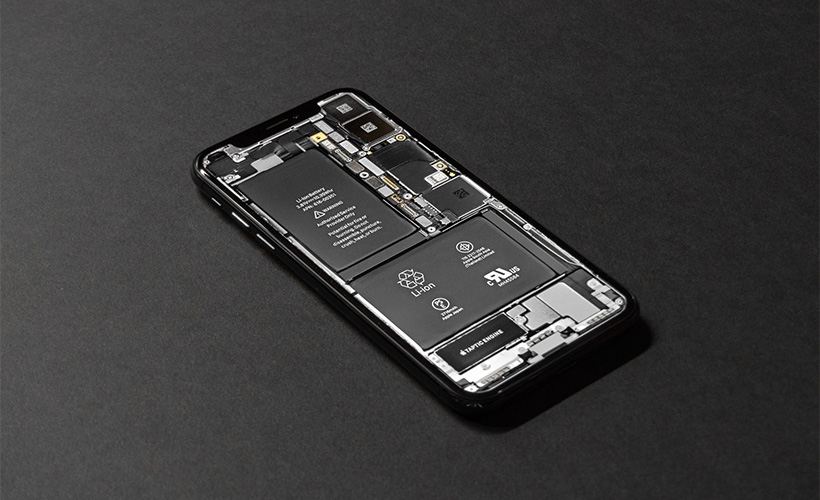
It’s still, to some degree, a matter of lack how long your battery might last.
Secondly, crucial though the hardware part is, disregarding the software completely is hardly a good idea. On top of the aforementioned matter of protection (which might make the new iPhone model purchase necessary for those who use their mobiles, say, at their bank), there are newer apps that will not necessarily work with your older iOS or be within the depth of your older device’s memory and storage. Even though there is a lot of truth to the accusations aimed at many major companies for forcibly outdating their hardware by preventing new updates / apps from working with the previous phone models, quite a few of these new updates – including really useful, convenient or plainly entertaining ones – are genuinely above said models’ strength.
But even with all those considerations, if we cut to the essence of it, there is a lot more juice in those iPhone models which are widely assumed to be antique and, yes, unusable. And there are much less of those who really need to change their current (or even previous) Apple mobiles whenever a new one comes out. Unless you are a software developer, an aforementioned photo enthusiast, a fanatical gamer or, say, can’t do your banking without your mobile, you may be amazed by how long your existing iPhone can serve you. At the very least, for much, much longer than these accustomed five to seven years, for sure.
Links
- iPhone Support – Apple Support
- Trade a Pre-owned iPhone Online – iGotOffer
- Everything About Apple’s Products – The complete guide to all Apple consumer electronic products, including technical specifications, identifiers and other valuable information.

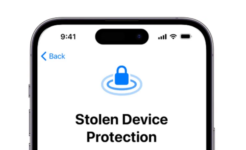
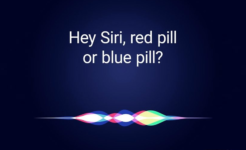



Facebook
Twitter
RSS